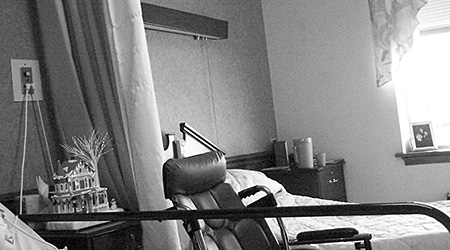Information On Long Term Care Insurance

Long-term care insurance is becoming more popular as a supplement to existing insurance coverage for individuals worried about the high cost of living should they be unable to function on their own. This type of insurance product is not normally required although more and more individuals upon reaching retirement are purchasing long-term care insurance due to the possibility of them living into their mid to late eighties. Younger individuals however can also purchase long-term care insurance if there's a possibility there unable to take care of themselves on a daily basis.
Most people who purchase long-term care insurance are not sick in a sense of dying of cancer or recovering from serious injury but instead are for those who are unable to perform the most basic activities of daily living such as dressing, eating, bathing, and walking. Individuals suffering from Alzheimer's, multiple sclerosis or early onset Parkinson's can benefit greatly from the purchase of long-term care insurance. However, it may be impossible to purchase coverage after a diagnosis is made.
Health insurance, Medicare and Medicaid generally provide some sort of limited caregiver or home nursing service but it is usually limited to a short period of time. Long-term care insurance often covers home care, adult day care, hospice, nursing home and assisted living services. It will often pay for private duty nursing, housekeeping, the therapist or caregiver 24 hours a day seven days a week up to the policy benefit maximum.
Individuals with genetic predispositions for debilitating diseases or conditions with a family history can benefit greatly from the purchase of long-term care insurance. This type of insurance is mainly targeted to middle class individuals who do not have the financial resources available to cover long-term personal care. Poorer individuals are often covered under Medicaid but the services provided under government coverage may limit the choice of providers and services rendered.
For those people who decide to purchase this type of insurance it can be substantially more expensive than standard health insurance. The cost involved in providing long-term care often means the premiums are expensive and dependent on your health situation. As a result it may be prudent to purchase insurance if you can foresee a need for it in the future.
As with any insurance policy ask lots of questions, read all policy coverage information and most importantly do your due diligence by shopping around. Finding the best long-term care insurance policy requires effort but can have a significant positive impact on your quality of living and choice of care in the event you're unable to care for yourself.







